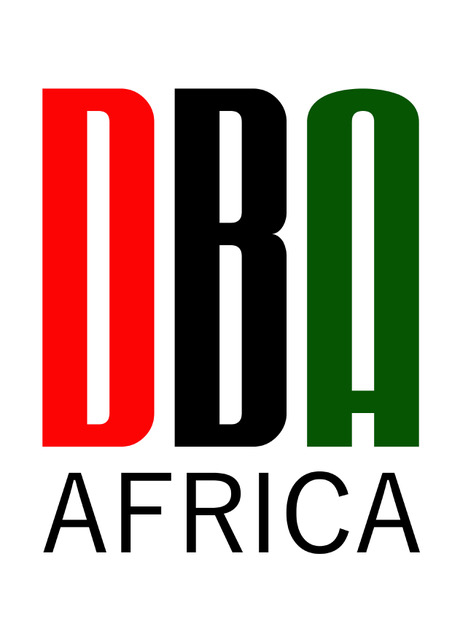22 May 2025
What’s Holding Back Kenyan Sport? Insights from DBA Africa’s Round Table Discussion
On Wednesday evening at Wasp & Sprout Café in Loresho, directly across from the DBA Africa office, 32 stakeholders gathered for the second edition of the 'DBA Africa Round Table'.
The group included current and former athletes, sports journalists, parents of athletes, entertainment and sports lawyers, corporate representatives, and dedicated sports fans.
The topic: how to unlock the potential of Sport in Kenya and strengthen sports development in Africa, especially at the grassroots and youth levels.
The Hard Truth: Barriers in Kenyan Sports
Discussions centred on real and persistent barriers. Many highlighted the lack of sports facilities, especially in rural communities where young athletes train on uneven pitches with little or no equipment. Without proper structures, talented players are falling through the cracks.
There is also a growing trust gap between athletes, fans, sponsors, and sports organisations. Issues such as mismanagement, lack of accountability, and opaque communication from federations make it difficult for sponsors to feel confident about investing. As a result, funding rarely reaches the grassroots, where it's needed most.
Welfare for athletes is another area of concern. Many have no access to mental health services, injury rehabilitation, career planning, or financial education. From setting up bank accounts to understanding taxes, or using social media to build their personal brand, young athletes—especially in women’s sport, are often left without the tools they need to thrive.
Why Corporates Hold Back
Corporate representatives expressed a clear desire to support sports in Kenya, but explained the barriers that hold them back:
• No reliable reporting or transparent management systems in place.
• A lack of measurable impact or long-term case studies.
• Few visible, successful partnerships in womens sport and grassroots sport including rugby and football.
This uncertainty discourages long-term investment, preventing vital resources from reaching players, coaches, and communities.
A Way Forward: Trust, Impact, and Transparency
The room agreed: athlete-first programmes that are inclusive, transparent, and well-managed are essential. Sponsors need clear entry points, honest reporting, and visible impact.
DBA Africa’s development sports model is already demonstrating results. With local sports academies, school-based rugby programmes, and international scholarship pathways, DBA shows that sports development in Africa can be both impactful and scalable. Programmes targeting girls in sport are also growing, helping close the gender gap and empower future leaders.
A Collective Voice for Change
This second DBA Round Table reinforced one truth, there is no shortage of passion in Kenyan sport. But passion must be matched with structure, leadership, and a shared commitment to change.
At DBA Africa, we’re committed to building systems that work for athletes and the communities around them. We thank all who participated and invite anyone interested in shaping the future of rugby in Kenya and sports development in Africa to join us at the next conversation.
